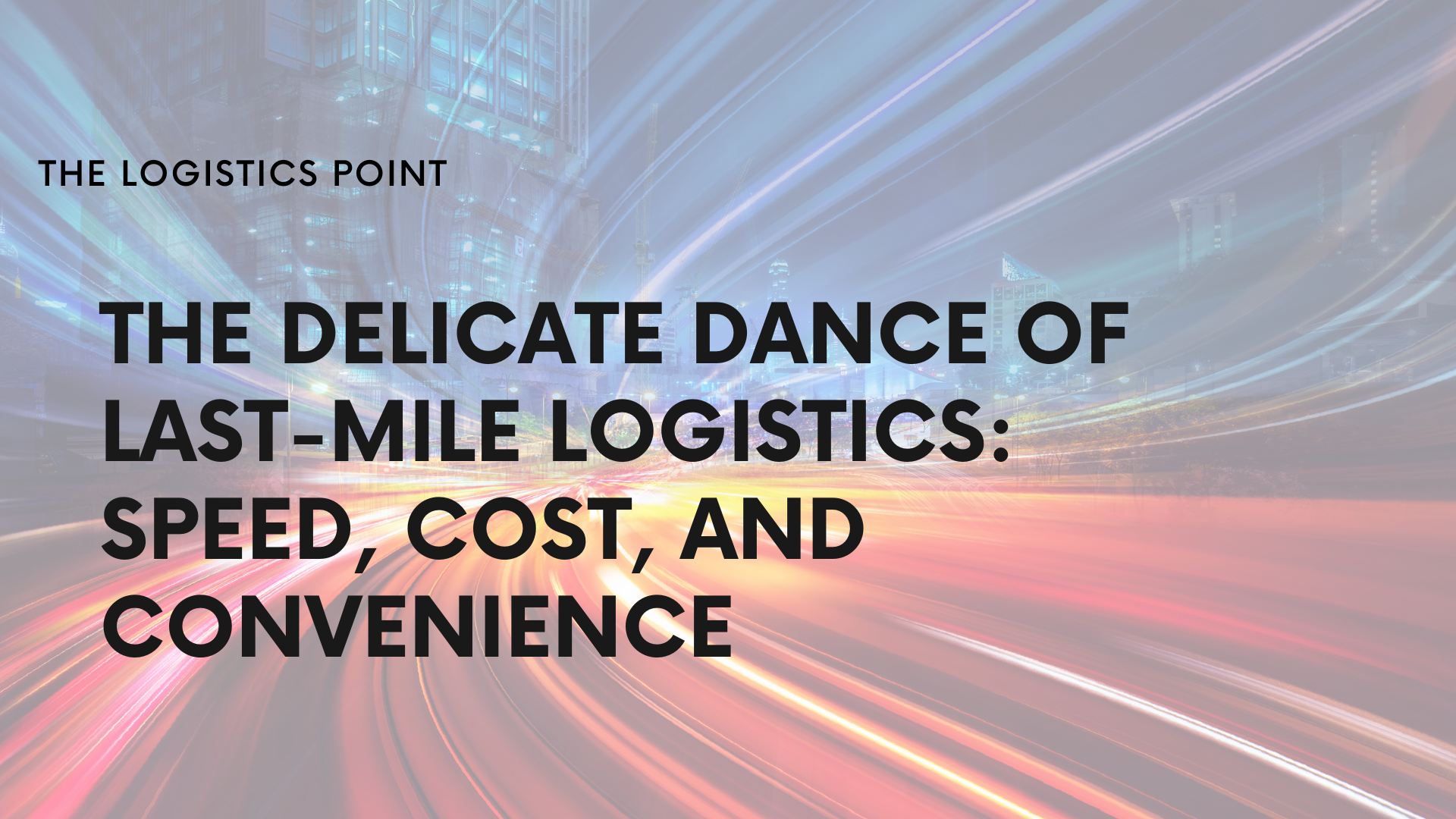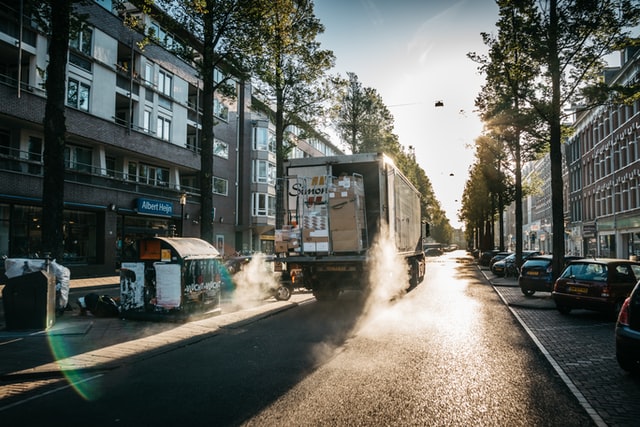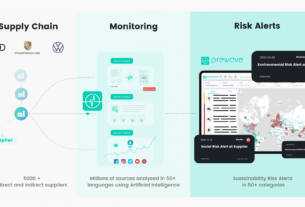The last mile has exploded over the last couple of years and organisations from the retail and logistics industry are looking into ways to better understand the consumer and balance their needs. We spoke to Rhyce Dawson, Associate Director at TMX Transform, and Elizabeth Selby, Partner at Bexley Beaumont, about their view on the last mile delicate dance. Both Elizabeth and Rhyce will be part of our Last Mile & E-Com November Event. You can register now and meet other professionals from companies such as: Zoomo; Descartes; Papaya; Rodeo; XeroE; Hived; Delivery App; Gophr; Bloom Developments; Mango Logistics; Dispatch Track; Via Nova. Get your ticket now!
What can we expect from your talk on the 28th November?
Elizabeth: We will share practical insights and steps that businesses can take to avoid potential pitfalls, such as ending up in a tribunal or on the wrong side of HMRC. You can expect actionable advice and guidance to ensure compliance with employment laws and regulations while effectively navigating the intricacies of the gig economy. I hope will help you gain a better understanding of the legal framework and regulations that govern this area.
Rhyce: We will explore ways that businesses can use data and automation to create an efficient, greener urban logistics strategy. The Covid-related e-commerce boom has shifted consumer expectations to a point that is changing the landscape and infrastructure of our towns and cities. But the convenience of delivery comes at a price – for businesses and the planet. Last mile sustainability is vital, but to remain resilient and relevant, businesses also need to examine all logistics systems and networks.

What is the biggest challenge for the last mile in your opinion?
Elizabeth: The biggest challenge in the last mile of logistics is finding the delicate balance between competing demands, including speed, convenience, price, and sustainability. Striking the right balance between these factors is a complex and ongoing challenge in the last mile, and it requires innovative solutions, technology, and strategic decision-making to meet the evolving expectations of consumers and the demands of a sustainable future.

Rhyce: There is a myriad of challenges for last-mile delivery, and every added inefficiency drives up costs. Cost-efficiency is a major challenge, encompassing factors like rising customer expectations, urban congestion, high fuel costs, labour expenses, and ensuring optimal delivery density. Finding sustainable, cost-effective solutions in the face of these challenges is important for industry.
What are you most looking forward to for the event?
Elizabeth: I’m most looking forward to the opportunity to hear about the challenges and opportunities others are currently experiencing. These insights from industry experts will provide a valuable opportunity to gain a broader perspective on the current landscape and exchange ideas on how to address the unique challenges and leverage the emerging opportunities in our field. It’s a chance to learn from each other, share knowledge, and collectively work towards innovative solutions for the last mile.

Rhyce: I am looking forward to hearing different perspectives from industry leaders at the event on the complicated topic of last-mile delivery. I’ll be joined by a panel of speakers who will delve into topics such as e-commerce strategies, customer engagement and sustainable supply chains, which are all pertinent considerations for retailers in today’s market.
Join us on the 28th November. Elizabeth will cover ”Understanding workers’ rights and the gig economy for last mile operations” and Rhyce will talk about ”Balancing Convenience and Responsibility: The Urban Logistics Dilemma”. We will also host Descartes Systems Group and Zoomo. Get your ticket now!



